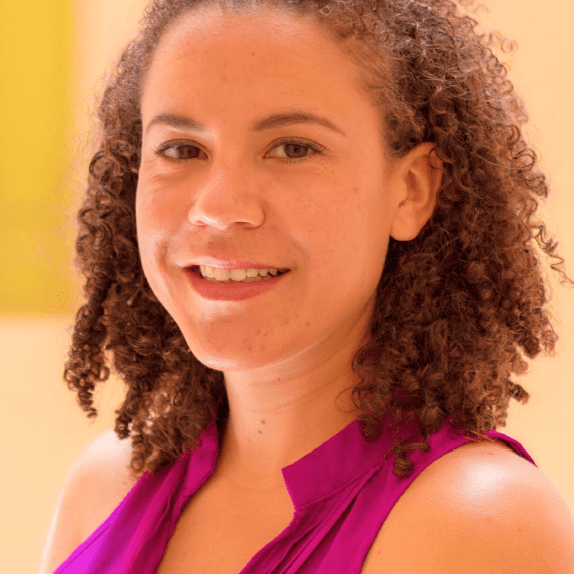JOANNA GELL, MD
Connecticut Children's
CureSearch Young Investigator Award: 2022-2025
Focus: Intracranial Germ Cell Tumor (iGCT)
Project title: Development of a targeted compound for the germ cell tumor marker PRDM14

Germ cell tumors (GCTs) make up a biologically complex group of tumors, ranging from benign to malignant. Additionally, GCTs can be found in multiple sites in the body, from the gonads to the central nervous system.Intracranial germ cell tumors (iGCTs), or germ cell brain tumors are very rare, accounting for only 3% of pediatric primary brain tumors. GCTs that develop in the brain confer survival rates of only 60-70%. Current treatments result in significant morbidity including renal impairment, secondary malignancies, cognitive impairment, visual-field impairment and endocrine disorders.
Joanna Gell, MD, is a CureSearch Young Investigator conducting research at the Connecticut Children’s Medical Center to identify a more effective and less toxic therapy for iGCT. iGCT growth and survival is dependent on the interaction of two proteins, PRDM14 and CFA2T2. Because PRDM14 is expressed uniquely in tumors but not normal cells, disruption of its activity should not impact normal cells, but only tumor cells. Given the long-term irreversible side effects that often accompany iGCT treatment by either chemotherapy or radiation, it is of great interest to find novel compounds that can be utilized to treat iGCTs with high specificity.Dr. Gell hypothesizes that disruption of the interaction between PRDM14 and CFA2T2 will result in cancer cell death. Dr. Gell will partner with IBM’s Smash Childhood Cancer Consortium to engage the enormous computational power of the World Community Grid to screen millions of compounds in silico (on a computer) to identify a targeted compound for PRDM14. Once she has identified targeted compounds, she will assess their ability to disrupt iGCT growth and survival in human cell lines and animals harboring human iGCT cells. As PRDM14 is expressed in several pediatric and adult malignancies, the impact of therapeutics that are developed can be expanded beyond iGCTs.
Project Update: In 2022, Dr. Gell screened 25 compounds and identified four compounds that are now optimized to bring into in-vitro studies. In 2023, the team will continue to evaluate and enhance the efficacy of these compounds on an expanded array of GCT cell lines and begin testing in mice.
Final Update: Through the collaboration with the Smash Childhood Cancer Initiative, Dr. Gell has been working to identify compounds that can block the interaction between two proteins, PRDM14 and CBFA2T2, which are known to promote the growth and survival of iGCTs. Using computer-based drug screening, her team identified 29 potential compounds, which were then tested in her lab. One compound showed promise; however, due to the challenges of refining this compound – stemming from the complexity of working with PRDM14 – Dr. Gell pivoted to exploring an alternative approach. She shifted her focus to disrupting the protein interaction using a monobody, an engineered protein similar to an antibody that can interfere with the PRDM14/CBFA2T2 complex. Her research has shown that introducing this monobody to GCT cell lines successfully disrupts the protein complex, leading to changes in tumor cell growth. To further investigate the role of these proteins, she conducted genetic knockdown studies and used RNA sequencing to analyze how gene activity changes when PRDM14 and CBFA2T2 are removed. Moving forward, Dr. Gell’s research will focus on confirming these findings and exploring additional pathways that could serve as therapeutic targets, ultimately aiming to develop new treatment options for patients.
